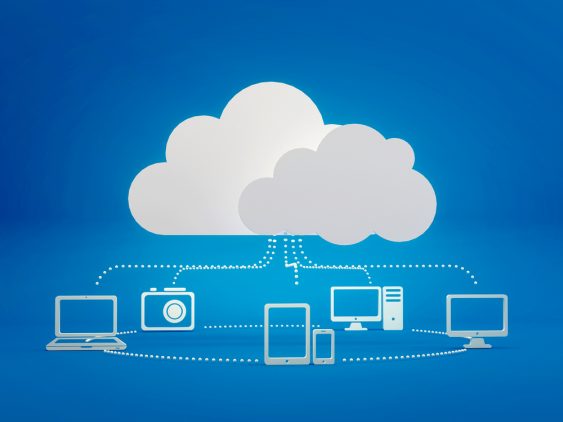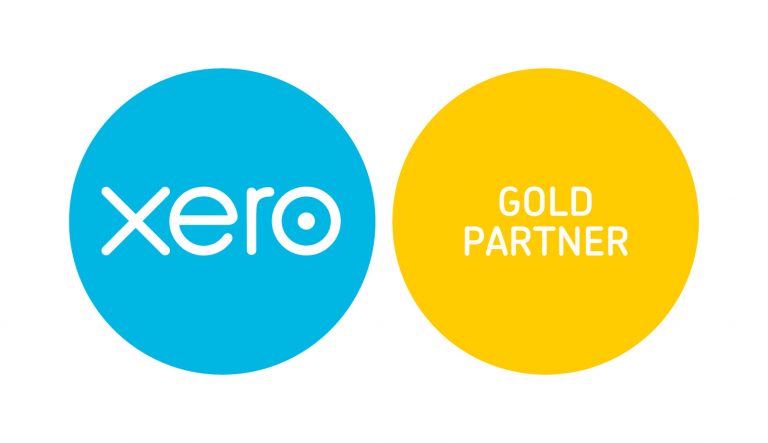Cloud accounting has been growing in popularity for a long while, but with the restrictions on travel, face-to-face meetings and consultations, its benefits have turned into necessities for many businesses. The efficiencies gained and user-friendly experience offered by cloud-based accounting are now recognised widely as the future for all businesses. Find out more about cloud accounting and its advantages below.
How does cloud accounting work?
Accountancy desktop software has been used by businesses for almost as long as desktop PCs have been in circulation, providing electronic means of storing, accessing and reporting on data electronically. The difference with cloud accounting is that the accounting software is hosted on remote servers and accessed via the internet.
What are the benefits of cloud accounting?
There are a whole range of benefits to using cloud accounting services and software. Because the data is stored remotely and all the functions of the application are performed on the server side (‘in the cloud’), employees in other departments or locations can access the same data at the same time on the same version of the software. Additionally, the software provider is responsible for backing up the data and maintaining the software, so the worry of your data being safe and backed-up is removed, as is the need for time and money spent on software updates.
Why is cloud accounting good for business?
Businesses of all sizes, types and locations use cloud accounting, and for good reason: it is more reliable, easier to use, more cost effective and more efficient than traditional options. Added to that HMRC’s requirement for all business finances to be digitised, it makes perfect sense that cloud accounting is the chosen solution. Here are some of those reasons in more detail:
- Reliability: any software which is cloud-based takes away the need for you to spend time ensuring that you are using the latest version, downloading and updating the package and paying to apply security fixes. All of this is taken out of your hands and is the responsibility of the software provider. Added to that you can rest assured that your data is always backed up and available to you anytime, anywhere.
- Ease of use: cloud accounting software can be used at your convenience, on any device, in any location provided you have access to the internet. In terms of flexibility, that takes some beating! Added to this the fact that APIs allow most packages to integrate with other systems that you work with (including your bank) to pull in relevant information, the need for manual uploads and keying in information is removed. Finally, most cloud-based accounting software comes with a range of extremely useful ‘off the shelf’ reporting tools, allowing you to view data in almost any configuration and providing you with helpful business insights in real time.
- Cost effective: cloud accounting packages come under the umbrella of ‘software as a service’, this means that you don’t have to buy and renew your own individual licences. The monthly subscription cost includes all software updates (handled remotely) and data storage.
- Efficiency: collaboration is a critical feature of cloud accounting. A colleague working in a different office or from home can access any information they need and discuss the detail with someone else looking at that same data, and expenses can be uploaded remotely by individuals as they spend and travel, rather than having to receive paper copies and do this manually. Access levels can be applied depending on the user’s authority and clearance level. Finally, your accountant can be given access to this same software to work remotely on it, assist you with any queries and provide you with timely advice, helping you to grow your business while you work.
What is the best cloud accounting software?
There are a range of cloud accounting software options on the market. Some of the more common ones include:
QuickBooks
One of the original cloud accounting providers, QuickBooks is often chosen by freelancers and small businesses because of the package options available at a basic level. The reporting and monitoring tools are great, and there is the option to download and reconcile transactions. The drawback of QuickBooks is that there is a limitation on the number of users, and it doesn’t allow for barcode scanning.
Xero
A popular choice for all sizes of business, Xero has excellent functionality when it comes to invoicing, payroll, inventory and expenses. With apps for iPhone and Android it is super mobile friendly, and includes some quirky features such as a car mileage tracker and the facility to quote projects and then track profitability. With very few drawbacks, the only minor complaint is that the starter pack limits the number of transactions per month.
Sage
Sage is extremely well known as a desktop accounting package for small businesses. This can now be upgraded to a cloud-based account but the solution is more of a hybrid than a solely cloud accounting option. The main differentiating feature of Sage is that it integrates with Office 365. Because of the longevity of the software, Sage has quite a complex set of tools and may not be the best option for sole traders and simpler business structures.
Cloud accounting with a local accountants you can trust
If you would like to learn more about how cloud accounting could work with your business to provide some of the benefits revealed in this article, get in touch with Kirkwood Wilson for a more in-depth discussion on 01704 546 000 or email enquiries@kirkwoodwilson.co.uk.




